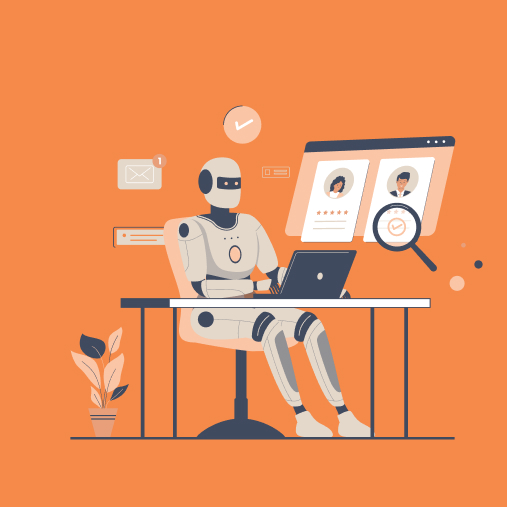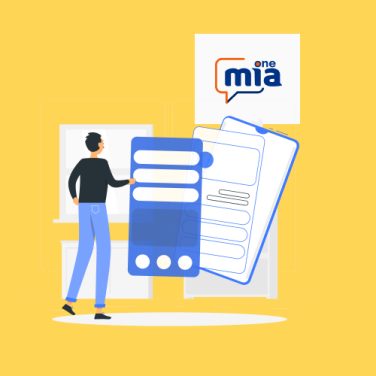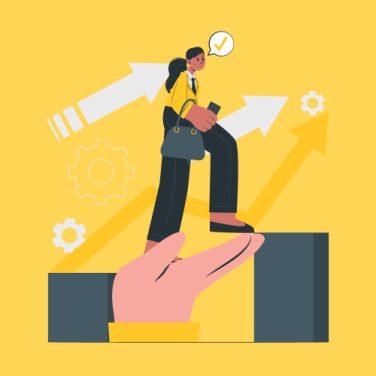In today’s fast-paced and competitive business environment, integrating AI agents within HR processes is an absolute necessity.
These intelligent agents in Artificial Intelligence (AI) serve as dynamic tools that automate and streamline HR functions, reshaping traditional models of managing workforce and payroll.
The role of AI agents in HR goes beyond simple task automation. They bring transformative changes to HR practices by enabling data-driven decision-making and boosting productivity.
Current HR challenges such as handling vast amounts of data, ensuring timely payroll processing, and managing diverse teams become manageable with AI agents.
For businesses looking to stay ahead, embracing digital solutions through AI agents could significantly unlock employee potential and streamline HR operations.
What are intelligent agents?
Intelligent agents in AI are systems designed to interact with an environment and act upon it to achieve specific goals. They are equipped with capabilities to perceive their surroundings, process the data, and perform actions to maximise desired outcomes. These agents can range from simple reflex agents to more complex learning and utility-based agents.
- Simple reflex agents: These operate on a straightforward condition-action basis. Their decisions depend solely on the current input, without consideration for the broader context. While basic, they can be highly efficient in environments with clear rules.
- Utility-based agents: These agents evaluate actions based on a utility function, making decisions that maximise expected benefits. They’re particularly useful for scenarios where multiple factors influence outcomes.
- Learning agents: These agents evolve through experiences, continually improving their performance by learning from feedback and past actions. They are ideal for dynamic environments where adaptability is key.
How do AI agents learn and adapt?
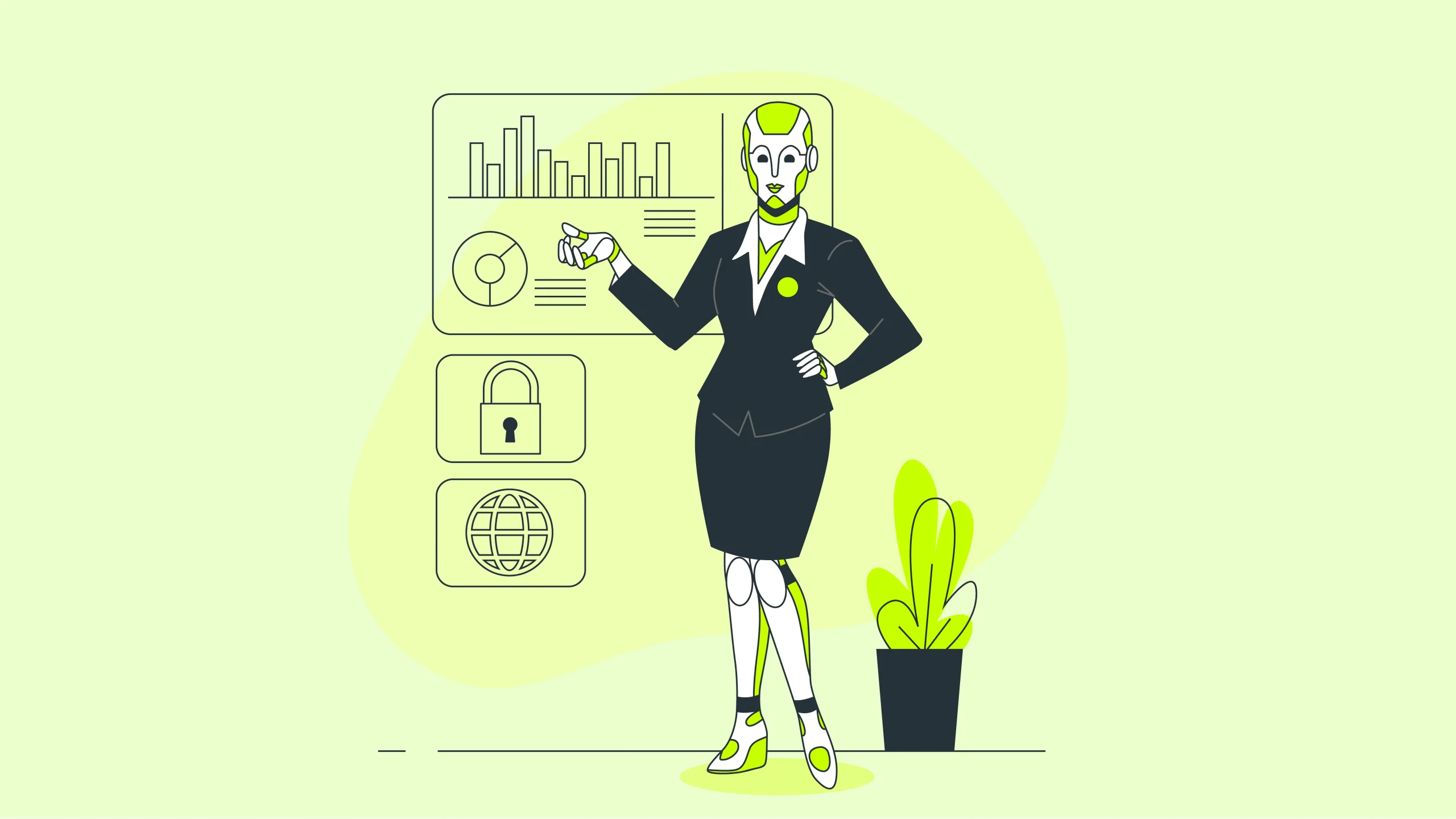
AI agents excel in their ability to learn and adapt over time. This continuous learning process is facilitated by machine learning algorithms and natural language processing, allowing the agents to refine their tasks and interactions to suit changing requirements.
The learning mechanism involves the following steps:
- Data gathering: Collecting relevant data from user interactions and external environments.
- Analysis and learning: Processing the data using machine learning models to identify patterns and improve decision-making strategies.
- Feedback and improvement: Utilising feedback loops to refine tasks and enhance performance continuously.
This ability to learn makes these agents indispensable for modern HR practices, allowing for more accurate predictions and personalised responses to workforce demands.
Diverse applications in HR
Adopting intelligent agents in HR and payroll processes can revolutionise operations by providing data-driven insights that empower decision-makers. These agents ensure that HR operations are not only efficient but also agile and responsive to employee needs.
- Streamlined HR operations: AI agents automate repetitive tasks, enabling HR professionals to focus on high-impact activities. From managing employee records to processing payroll, these systems ensure accuracy and compliance, effectively reducing manual errors.
- Data-driven HR decisions: Businesses are increasingly adopting AI agents for their capacity to harness big data. These systems provide actionable insights by analysing vast amounts of data, allowing for informed decision-making. MiHCM products, for instance, deliver comprehensive analytics, helping HR managers make strategic decisions that align with organisational goals.
- Tăng cường sự tham gia của nhân viên: By automating routine tasks, AI agents enable HR teams to dedicate more time to employee engagement initiatives. Features such as employee self-service portals empower employees to manage their profiles and access important information independently. This autonomy promotes job satisfaction and engagement.
AI agents not only optimise the operational aspects of HR but also unlock the full potential of employees. Businesses that incorporate AI technology into their HR systems can better respond to employee needs, ensuring a more cohesive and dynamic work environment.
Moreover, the integration of AI agents in payroll processes dramatically reduces processing times, ensuring accuracy and timely disbursements. This not only aids in maintaining employee trust but also enhances overall satisfaction with the HR department.
For businesses aiming to keep their workforce motivated and productive, addressing engagement challenges is crucial. AI agents are revolutionising HR and payroll by providing tools that not only boost efficiency but also foster a more engaged and satisfied workforce.
Key features of MiHCM solutions
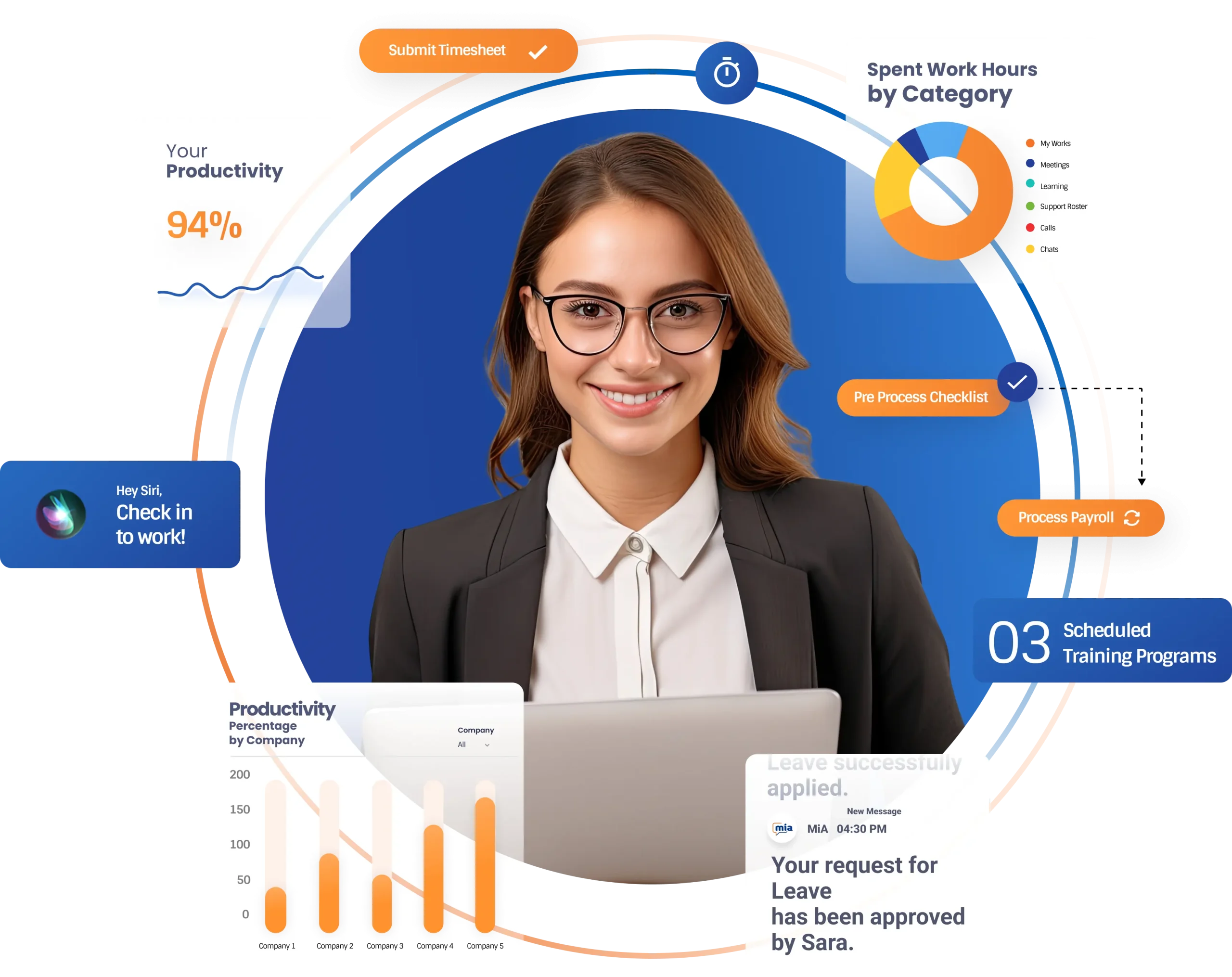
MiHCM presents dynamic and industry-focused HR and payroll management solutions, tailored to modern business requirements.
By leveraging the prowess of the latest technologies, MiHCM transforms traditional HR functionalities into automated and intelligent systems that cater to both local and global needs.
At the core of MiHCM’s offerings are features designed to streamline HR operations effectively and efficiently. Highlights include:
- Data-driven HR decisions: Real-time data analytics are integrated into MiHCM solutions, enabling informed decision-making that aligns with corporate strategies.
- Global payroll management: Handling payroll across multiple countries becomes seamless with MiHCM, accommodating varied compliance standards and regulations.
- Nhân viên tự phục vụ: Empower employees by giving them access to an intuitive interface for attendance, leave applications, and personal data management.
- Mobile attendance tracking: Track employee attendance efficiently with mobile solutions that promote flexible working arrangements.
- Diversity and inclusion improvement: Dedicate efforts towards fostering a diverse and inclusive workplace, using analytics to monitor progress and drive strategic changes.
MiHCM’s MiA virtual assistant and SmartAssist bring a new level of precision and ease to HR departments.
Seamlessly integrated with platforms like Microsoft Teams, MiA functions as a virtual HR assistant, helping manage tasks, provide insights, and improve productivity. For more about MiA’s capabilities, visit MiA | Virtual Assistant for Microsoft Teams | AI Assistant.
Best practices for implementation
- Define your goals clearly: Establish clear goals for AI integration. Whether it’s improving recruitment efficiency or streamlining HR operations, having defined objectives ensures a targeted approach.
- Data preparation and quality: Ensure that your data is clean, complete, and well-structured. High-quality data is crucial for the effectiveness of AI systems, facilitating accurate decision-making.
- System integration: Seamlessly integrate AI agents with existing HR software to avoid operational disruptions. Compatibility between platforms enhances efficiency.
- Focus on data security and privacy: Consider the legal and ethical implications of handling sensitive employee data. Implement robust data security measures to protect privacy and comply with regulations.
- Emphasise human oversight: While AI agents can automate numerous tasks, human oversight ensures errors are minimised, and nuanced decisions are made correctly.
AI challenges
As AI agents continue to evolve, they promise increased accuracy and efficiency in HR functions. However, like any new technology, challenges can arise. Navigating these complexities is crucial for ensuring that AI’s potential is fully harnessed to benefit HR processes.
- Data security concerns: As intelligent agents in artificial intelligence become deeply embedded in HR systems, safeguarding sensitive employee data becomes paramount. Implementing robust security protocols, like encryption and multi-factor authentication, can protect data integrity.
- Integration hurdles: Successful integration of AI agents requires seamless cooperation with existing systems. It’s essential for businesses to ensure compatibility and interoperability between AI applications and their current HR technologies. Leveraging platforms that offer flexible API connectivity can alleviate some integration pain points.
- User adoption and resistance: Transitioning to AI-driven systems may face resistance from employees due to fear of job displacement or unfamiliarity with new technologies. Comprehensive training programmes and transparent communication strategies can help cultivate an environment of trust and acceptance among users.
Best practices
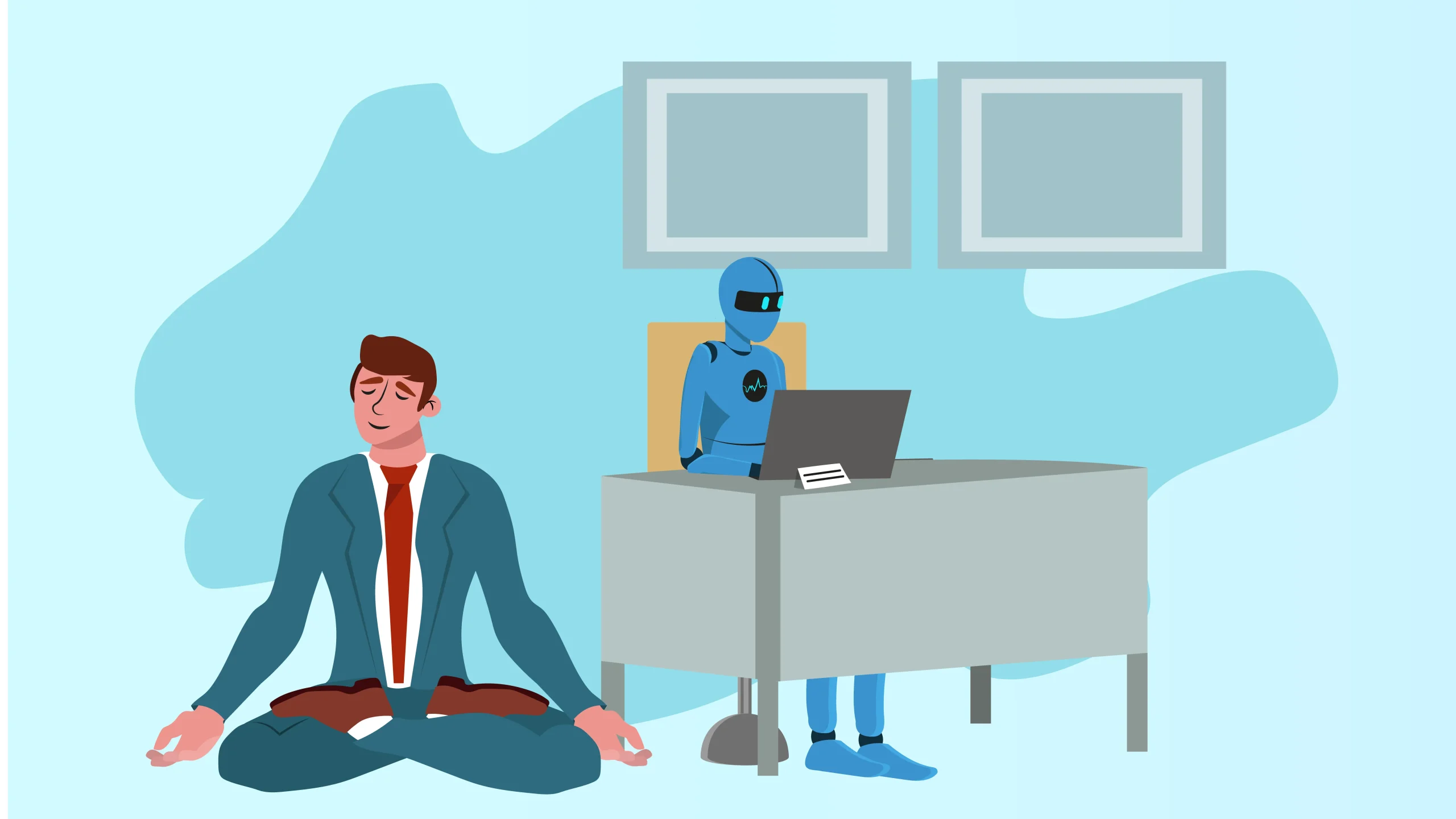
Addressing these challenges effectively requires adherence to some best practices:
- Engaging employee experience with digital HR: Emphasising user experience and involving end-users in the design process can lead to more intuitive AI applications, fostering an environment for better engagement and productivity.
- Continuous monitoring and feedback: Regular evaluation of AI performance using key performance indicators (KPIs) ensures that AI tools are aligning with organisational goals. Adjustments based on user feedback can drive iterative improvements and customisation.
- Human oversight: AI agents, while capable, still require human oversight to manage exceptions and unpredictable scenarios, thereby maintaining an optimised workflow.
The future of AI in HR
As the industry embraces these intelligent agents, several emerging trends are set to redefine traditional HR methodologies.
- Enhanced predictive analysis: AI agents are expected to leverage groundbreaking predictive models to foresee workforce trends and individual employee performance. This ability not only fosters proactive decision-making but significantly contributes to maintaining a competitive edge through agile workforce management.
- Personalised employee experiences: With the integration of AI agents, HR departments will increasingly tailor employee interactions, crafting unique career paths and learning modules based on personal preferences and performance metrics. This customisation enhances job satisfaction and encourages a culture of continuous learning.
- Seamless integration with HR systems: Future trends point towards stronger collaboration between AI agents and core HR systems, enhancing functionality from recruitment to performance management. This synergy ensures a holistic approach to HR tasks, optimising efficiency and reducing administrative burdens.
As businesses strive toward heightened productivity, investing in AI-driven HR solutions becomes crucial. Enhancing strategic decision-making and operational efficiency, AI in HR not only promises to streamline processes but also empowers employees through data-driven insights.
